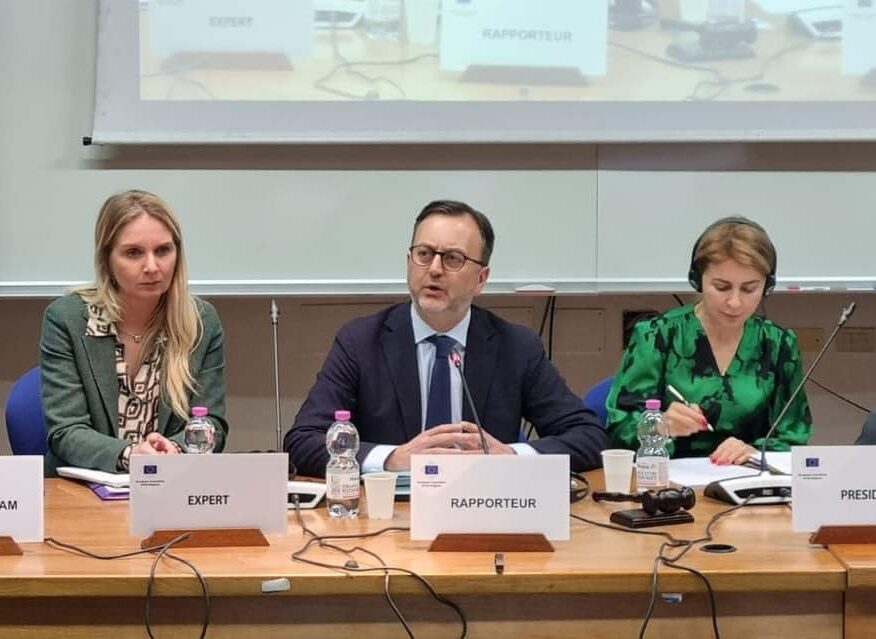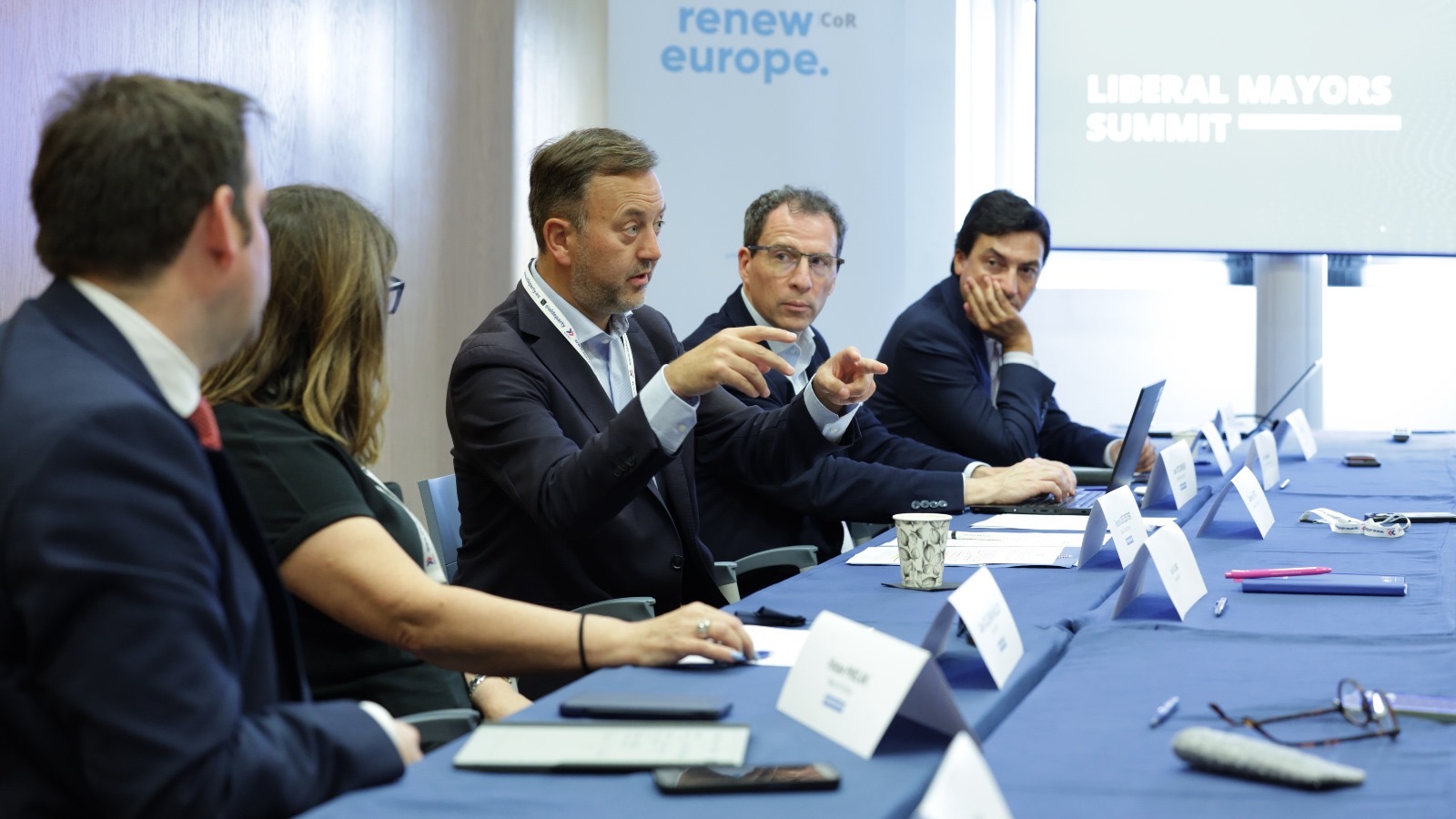At a meeting of subnational leaders the Vice-President of the Hauts-de-France Region, Francois Decoster, proposed the creation of macro-regional skills & mobility clusters to boost vocational education and apprenticeships across the European Union, in order to help citizens acquire new skills and find new opportunities in the European labour market.
Against the backdrop of global challenges such as the war in Ukraine, climate change, and the housing crisis, European citizens are not only contemplating the pressing societal issues at hand but also the trajectory of their own careers and the future prospects of their children. Within this context, Vice-President of the Regional Council of Hauts-de-France, Francois Decoster, proposes viable solutions that resonate with the aspirations and anxieties of European citizens. In his report on skills and talent mobility, Decoster aims to shed light on how a cornerstone achievement of European integration – mobility within the EU – can be used in order to help match the needs of our citizens with quality skills that are needed for the future and for our labour market.
“Talent and skills mobility within the EU is crucial for local and regional development, driving innovation, and creating opportunities for businesses to thrive. It enriches our economies by bringing diverse expertise and cultural perspectives, stimulating growth and resilience. But to ensure that no region is left behind, we also need to prevent brain drain and maintain intellectual capital within our communities. This is why talent mobility is the key element, which fosters interconnected hubs of excellence, amplifying our collective potential for innovation and progress.” – says CoR Rapporteur, Francois Decoster.
In his report, Francois Decoster advocates for more mobility of people in vocational education and training (VET) as well as apprentices across Europe. While mobility in higher education, through initiatives such as the Erasmus programme, is considered one of the European Union’s greatest success stories, there are still too many barriers hindering the proper mobility of persons in VET and apprentices. As a way of circumventing some of the legal, linguistic, administrative and even socio-psychological hurdles, Decoster suggests the creation of macro-regional mobility clusters for vocational education and training (VET) as well as apprentices across Europe. Such cooperation clusters between bordering regions would offer an answer to the existing lack of harmonisation processes for VET and apprenticeships between EU Member States. At the same time they would increase the trust and access to information, which is often lacking among all the actors involved: the businesses, the local and regional authorities, the educational systems, but also the parents of the young persons in training, as well as of course the applicants to such programmes themselves. To illustrate the feasibility of his proposal, Decoster cited the efforts of Lycée Henri Senez in Lille, France, which carried out over 70 student mobility programs last year with partner institutions in Belgium, Italy, Germany, Luxembourg and Ireland, showing the potential impact of enhanced mobility initiatives in fostering skill development and cross-border collaboration within the EU.
In November 2023, the European Commission announced an ambitious proposal on the Skills and Mobility Package which aims to enhance the European Union’s appeal to professionals, while facilitating their mobility across European states. In order to equip individuals with the necessary skills for high-quality jobs and assist companies in tackling skills shortages across Europe, the Commission introduced a set of measures. The CoR Opinion on Skills and Talent Mobility, authored by Francois Decoster, is a response to the Commission’s proposal. The overarching objective of the Opinion is for cities and regions to play a pivotal role in fostering a Europe where multilingualism is embraced, bureaucratic burdens have been eliminated, and business sectors actively promote mobility ecosystems. By offering pragmatic solutions that prioritize both short-term stability and long-term prosperity, Decoster aims to pave the way for a more secure and promising future for all Europeans.
Decoster’s report “Skills and Talent Mobility” was approved at a meeting of the European Committee of the Regions (CoR) Commission for Social Policy, Education, Employment, Research and Culture (SEDEC), held in Ancona, Italy, on 22-23 February 2024.
To read Francois Decoster’s full draft CoR Opinion on Skills and Mobility, click here.
To find out more about the 22-23 February CoR SEDEC Commission Meeting, click here.





